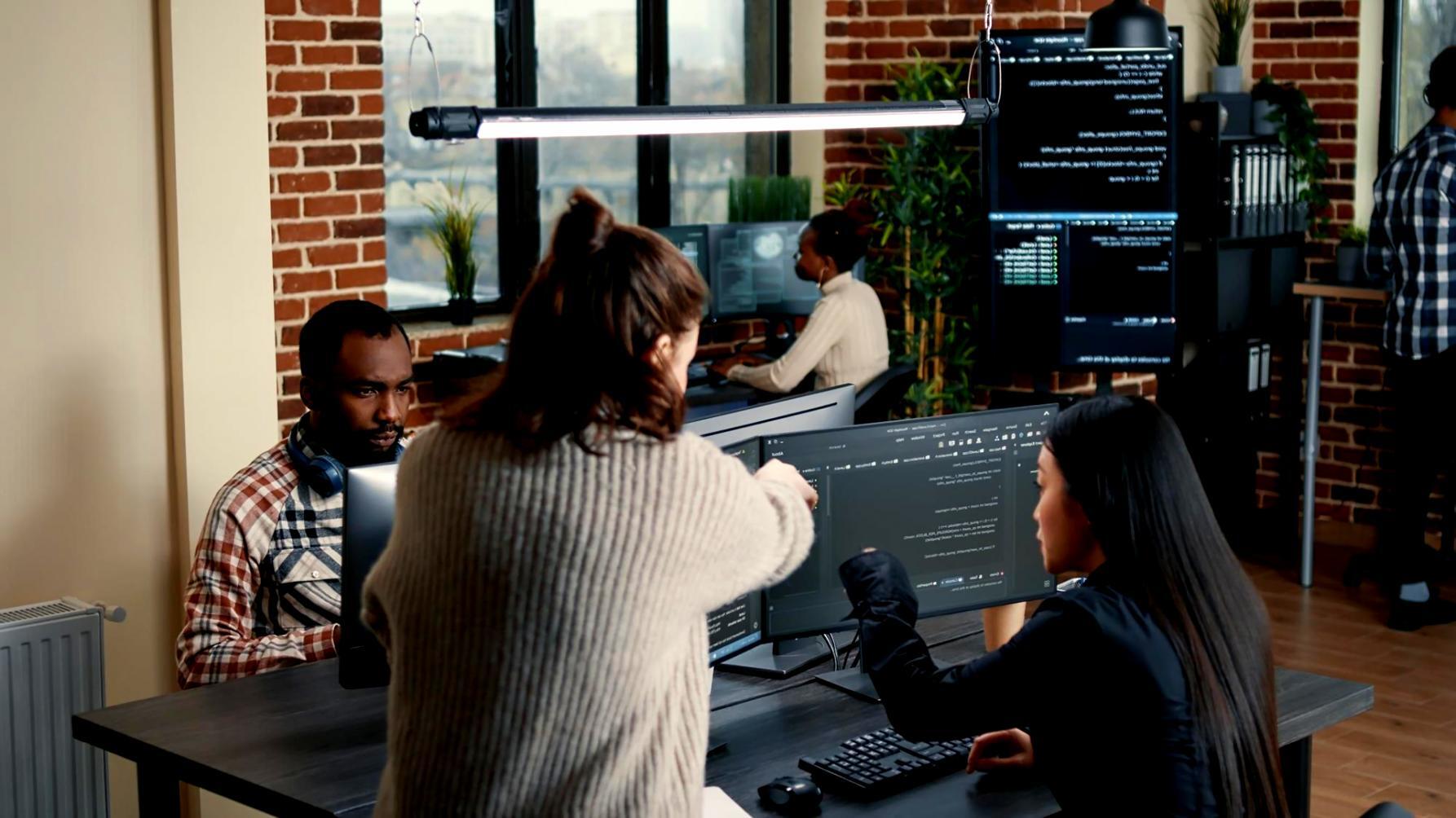Learn Mobile Casino UI Design Through Real Projects
We teach designers how to create engaging slot machine interfaces that players actually enjoy. No fluff, no empty promises—just practical skills you can apply from day one.
Explore Our Courses
Why Social Casino Design Matters
Most design courses teach you buttons and colors. We focus on something different: understanding what makes a slot machine interface feel right.
After working with studios across Mumbai and Bangalore, we noticed the same problem everywhere. Fresh designers knew Figma inside out but couldn't tell you why one reel spin felt satisfying and another didn't.
That gap—between knowing tools and understanding player psychology—is what our curriculum addresses. Starting September 2025, we're running workshops that dig into timing, visual feedback, and the subtle details that separate forgettable games from ones players remember.
What You'll Actually Learn
Four modules that build on each other. Each one gets you closer to designing interfaces that feel professional.
Slot Machine Anatomy
Breaking down every element of a modern slot interface. You'll study win animations, symbol hierarchies, and payline displays from games that actually perform well.
Mobile Constraints
Designing for phones means dealing with smaller screens and touch targets. We cover practical solutions for fitting complex game mechanics into compact layouts without sacrificing clarity.
Player Feedback Systems
The difference between a good spin and a great one often comes down to timing. This module focuses on animation curves, sound integration points, and visual progression that keeps players engaged.
Portfolio Project
Design a complete slot game interface from scratch. You'll present your work to mentors who've shipped actual casino games and get feedback on what studios look for during hiring.
Student Work That Got Them Hired

Priya joined our October 2024 cohort with a background in web design. She'd never touched game UI before.
Her final project—a fruit-themed slot machine with cascading symbols—caught the eye of a studio in Pune. They particularly liked how she handled the bonus round transitions.
Six months later, she's working on their flagship title. Not because she had connections or years of experience, but because her portfolio showed she understood the fundamentals.
See More Student ProjectsWho's Teaching This Course

Vikram Desai
Lead UI Designer
Spent eight years at gaming studios in Mumbai before starting to teach. Worked on titles you've probably played on the metro. Now he breaks down what actually works in slot design versus what just looks impressive in mockups.

Arjun Malhotra
Animation Specialist
Handles the technical side of casino animations—timing functions, easing curves, and performance optimization. If your reel spins feel sluggish or your win celebrations lag on older devices, he's the one who'll show you why.
Tools You'll Master
We work primarily in Figma because that's what most studios use. But tools are just tools—what matters more is learning the principles behind effective casino UI.
You'll also get familiar with Spine for animations, Adobe After Effects for motion studies, and basic Unity concepts so you understand how developers implement your designs.
By January 2026, we're planning to add a module on emerging platforms. But honestly, the fundamentals of good slot design don't change much whether you're targeting phones or tablets.
View Full Tech Stack
Common Questions
Do I need prior game design experience?
Not really. If you're comfortable with basic design software and understand UI principles, you'll be fine. Most of our students come from web or app design backgrounds.
How long does the program run?
Twelve weeks with two evening sessions per week. We schedule around working professionals because most participants are learning while employed elsewhere.
What happens after I finish?
You'll have a portfolio project and the skills to apply for junior casino UI roles. We don't promise job placement—that's on you—but we do provide feedback on your applications and portfolio presentation.
Can I attend remotely?
All sessions are conducted online through video calls. We record everything so you can review lectures later. Studio visits in Mumbai are optional for those who can make it.
When does the next cohort start?
September 2025 for the main program. We might run a shorter workshop in November if there's enough interest, but the full course gives you more time to develop your final project properly.